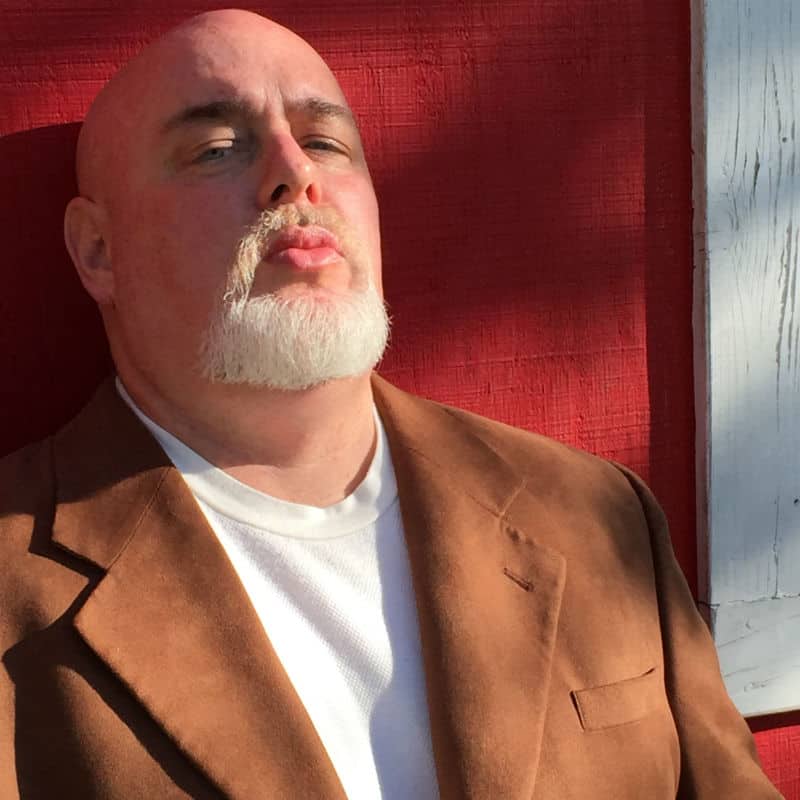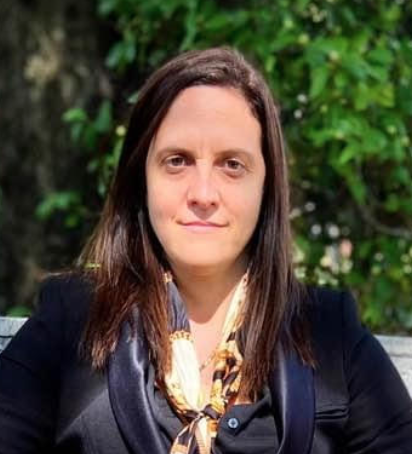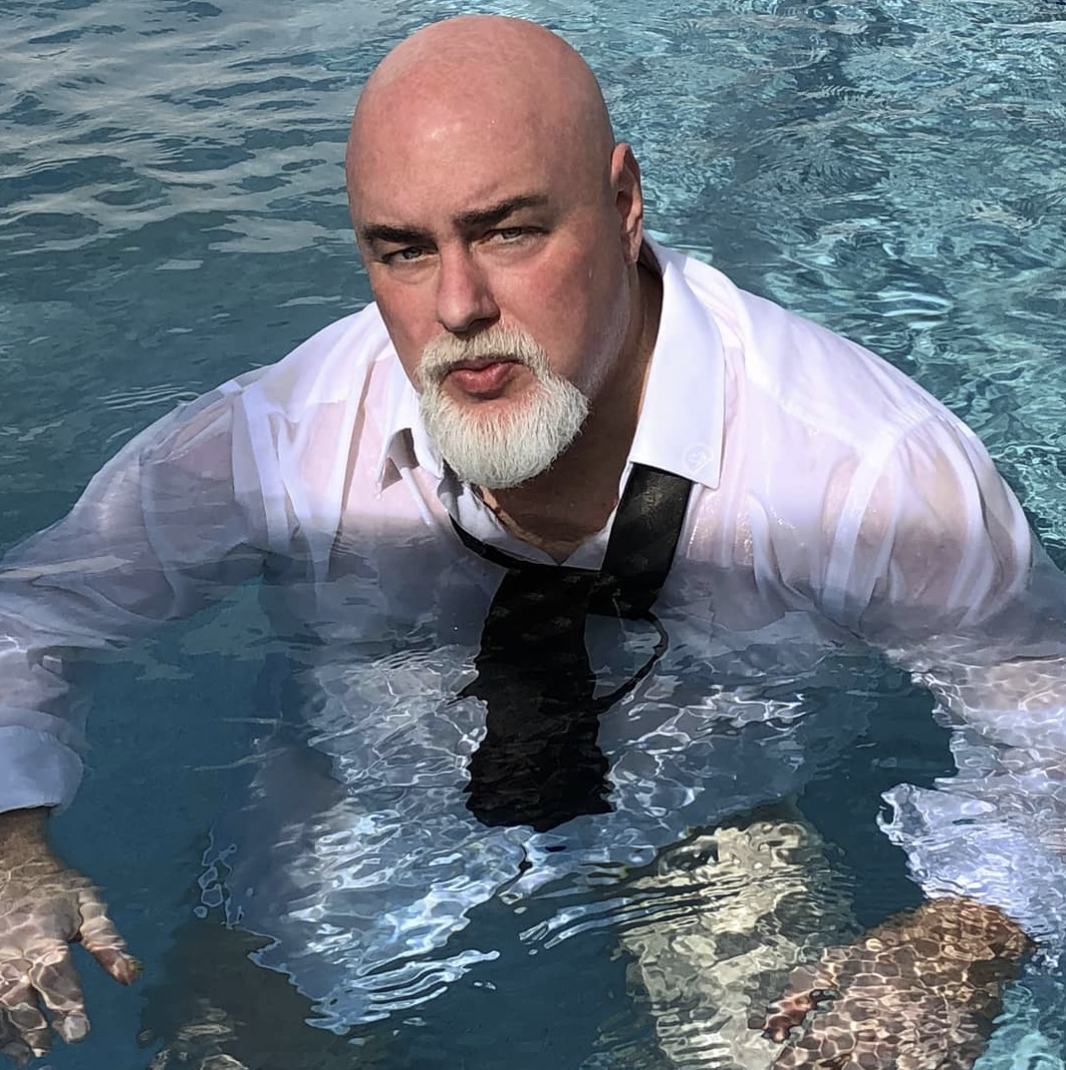What can you share with us about your personal journey?
Most people wake up and go to a job they may or may not enjoy, collect their check, and then go out and buy as much stuff as they can. Wash, Rinse, Repeat. People believe that the more money you have the bigger the stuff you can buy, that being a millionaire or billionaire is about Ferraris, Private Jets, and Mansions, and the best of everything. If you spend your life chasing money and the things it can buy, you will never find fulfillment. The journey has to be about so much more.
As a young man, I was very driven in art and sports. I always strove to be number 1. But I learned in my teens that I was never going to be a “professional” swimmer (whatever that is), Bruce Lee or the next Walt Disney or Pablo Picasso. So I had to feel my way through on a path that no one had ever taken before.
I found that spark of invention and was awarded patents for mechanical billboards that would become a $6 billion industry. My career has never been about money. Certainly never about the things it allows one to have in their life. I simply wanted my name in a magazine on a rarified list among a group of successful men and women. I was introduced to Forbes at a very young age and was convinced that my patents would put me there. Fewer people have graced those pages than have successfully climbed Mount Everest.
Money is a tool, a necessary evil in the path to achieving one’s goals or ambitions certainly not the endgame. In my efforts for the last 30 years of building Grand Metropolitan I have never taken a dollar out of the portfolio nor have we taken on any debt. The purpose is to grow value not cripple it. But the goal is no longer to get my name in a magazine. It hasn’t been for over 20 years.
I am not going to try and convince you that I have not indulged in all of the aforementioned trappings of wealth. Most of my 20s and 30s were spent in quite that fashion. I lost focus on what I had originally set out to do. My goal was never to just own a store, or even 1,000 of them as Finlay Fine Jewelers and Heilig-Meyers Furniture has done. It was never to sell $1 billion worth of merchandise a year, also a milestone Finlay and Heilig-Meyers both accomplished consistently for years. The goal I set for myself when I was 22 years old and sitting in the offices of my first jewelry showroom was to show the world something they had never seen before in one of the oldest and most elegant businesses ever to exist.
What key spiritual laws do you apply in business?
Above all else, integrity is sacred in business. Obviously, there are many leaders who do not share that same faith as I do. Many taking shortcuts in life to overcome obstacles or to thwart competitors.
Patience and integrity have always served me well. In the diamond world, several names have been tarnished in the wake of over ambitiousness, Nirav Modi, Jacob & Co., Leviev, Lazare Kaplan, and M. Fabrikant. Even Signet, the world’s largest jewelry group, is embroiled in some rather distasteful mess currently closing hundreds of locations, losing billions in market cap equivalent to almost 90% of their highest valuation.
There are tens of millions of people working in this trade from the mines of Africa to the showrooms of Beverly Hills, New York, and Paris. Integrity has been lost in much of the diamond world and threatens their livelihoods in this $100 billion global market. Faith must be restored and quickly.
What are the mindset shifts it takes to overcome any obstacle and attract unlimited abundance?
Pushing with all your might on a door that opens toward you will never get you to where you want to be. You must be open to receiving success. But at the same time, as I already mentioned abundance cannot be tied to your bank account or lavish surroundings. Success and happiness are intangible, they cannot be purchased or stolen. My accomplishments, as well as my failures, make up who I am. They are equally important.
I was fortunate to have gained some modest success as a teenager. It gave me a sense of purpose and perhaps overconfidence to go after my dreams and ambitions with a ferocity. Of course, the next decade of struggle and disappointments tempered me a great deal and taught me to realign what was important. Because all of my life had been about this. I wasn’t open to joy, love, happiness, family, friends, lovers… just this purpose. Unlimited abundance in life has to be more than just one thing.

At the age of 29, I made an all or nothing bid to acquire Samuels Jewelers for $75 million. Then the fifth-largest jeweler in the United States would have firmly put us on the map and made me a prominent individual in the diamond world. Following a financial model known as an industry roll-up subsidized by vertical integration and my own algorithm called Vendor Exclusivity, we would ultimately merge many of the largest jewelry store groups in North America into one and have an influence on the world diamond market like no other organization similar to DeBeers and Alrosa.
Two years went by as we struggled to raise the funds to close the deal and I simply cut myself off from the world. It was a very dark and lonely time. I did not have the right mindset to receive this. We failed and 30 days later Samuels Jewelers filed for bankruptcy and was sold to Nirav Modi.
For the first time in my entire life, I was free from my need or responsibility to be exceptional. My drive and rage had been exhausted. I had no more tools or confidence with which to make it on that magazine list. Simply, I could walk the beaches and eat a hot dog for lunch and no one expected me to be any more than I already was. That failure was necessary for me as the first step towards rebuilding a better me that would be open to abundance and ready to receive it and more important, worthy of it.
How can companies create a healthy intersection between purpose and profits?
That really is the most important question, isn’t it? I would say that most company leaders in today’s business landscape are faced with that challenge. The digital age has driven the narrative both politically and socially for brands around the globe. Transparency is vital to the consumer. They want to know that what they are eating, wearing, or driving has been created and brought to them in a responsible and ethical way. Clearly, one notices that organic fruits and vegetables are successfully commanding a premium to their peers.
The luxury industry has really been successfully conducting its affairs in this manner for decades. We lead each category as our clients are the most discerning. People for decades have complained about the questionable work conditions in factories for Apple and Nike, but the kids are still clamoring for their Air Jordans and iPads. They haven’t had too much pressure to force change.
The diamond industry was well on its way of improving its supply chain long before Leonardo DeCaprio starred in Blood Diamond. Gordon-Choisy, one of the world’s most prominent tanneries specialized in exotic leathers, has pioneered the raising and tanning systems for the finest skins and leathers for decades. Kobe and Wagyu beef producers have reaped enormous profits off the exact conditions with which their cows are raised.
Our own brands, like Pushkin Caviar, are consistently promoting sustainability as both purpose and profit. Inventories can take longer than a decade to develop just like in tobacco and wine & spirits. These goods are not just stamped out of plastic in a warehouse for unlimited demand. They are handmade by artisans out of the finest materials and components the world has to offer. The client wants to know how the sausage is made. Educate them.
What do you think is needed for a leader to become more conscious and to have a more positive impact (such as helping the children, our government or the future of this world)?
Many of today’s CEOs are professional managers hired by the board of directors to carry out a mandate for shareholders and employees based on quarterly earnings, profits, and losses. As Gordon Gekko famously spouted “Management has no stake in the company!”. They take their salaries, profit, sharing, and bonuses and often invest it elsewhere. I don’t come from that world. This isn’t what I do, it is who I am. My identity is congruent with Grand Metropolitan.
Our European contemporaries Bernard Arnault (LVMH), Johann Rupert (Richemont) and Francois-Henri Pernault (Kering) and their families own significant stakes in their companies even though they are publicly-traded entities. Their family legacies are tied in with the “goodwill” efforts of these corporations for generations both behind and to come. It cannot be just empty gestures anymore like charitable giving for tax-write offs. These organizations make a concerted effort to improve the world.
Our companies are not just faceless merchants providing aspirational goods and services, but we are also employers as well as inhabitants of these communities, we must represent everyone. We have a responsibility to them. Diversity has to have a strong voice and presence in every aspect of our businesses to successfully meet the needs of those we serve. I am proud that the luxury industry has championed diversity ahead of many others as brands are reaching around the planet to inspire people of all backgrounds.
————————————————————————————————
CEO Beverly Hills’ family office Grand Metropolitan, $7 billion AUM privately-held luxury goods holding company with a 130 brand portfolio. Finlay Fine Jewelers is one of the largest private jeweler groups in North America. Heilig-Meyers is also one of the largest private furniture retailers in the United States. Dalgety PLC operates the firms’ food and beverage brands including arable and pastoral farming, IMASCO Ltd. tobacco interests, and Pushkin Caviar. In 2016 Dalgety included Frechef under its umbrella and began introducing Fruishi (Fruit Sushi).
We also own Gallery Rodeo, The Beverly Hills Cigar Club, and Beverly Hills Sports Car. Gallery Rodeo collects fine art including Picasso, Rembrandt, Renoir, Klimt, and Rodin. Our Rodeo Collection added Willem de Kooning in 2015. The Beverly Hills Cigar Club is a private group of individuals passionate about wine, spirits, food, and cigars. We participate in charity auctions, celebrity events, and red carpet functions including the Cannes Film Festival, Oscars, Grammys, Emmys, and Independent Spirit Awards.
Vin spends his time between Gulf Coast, Florida & Southern California


